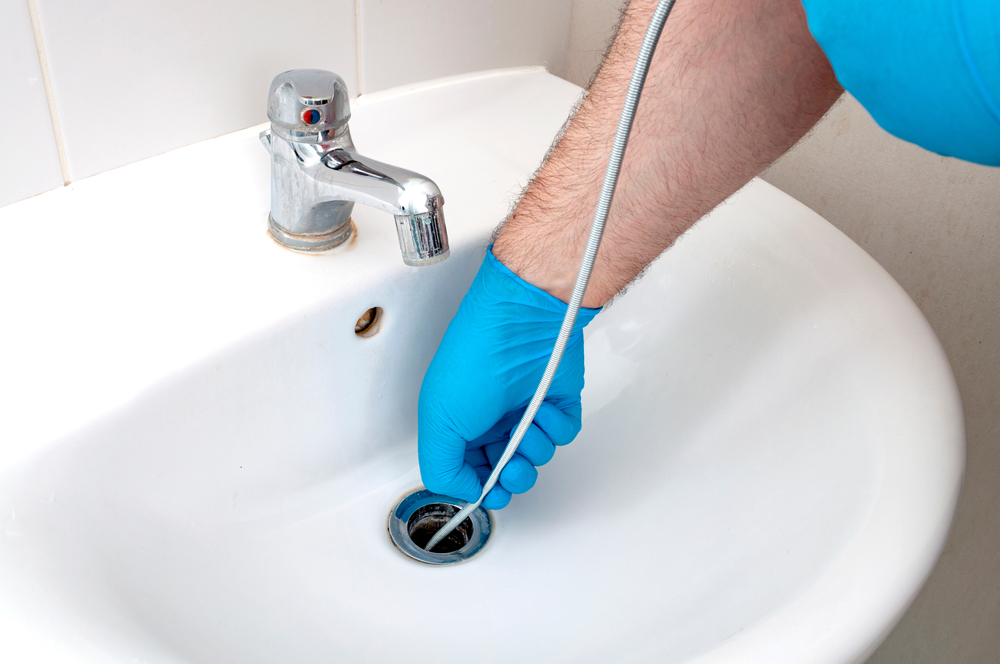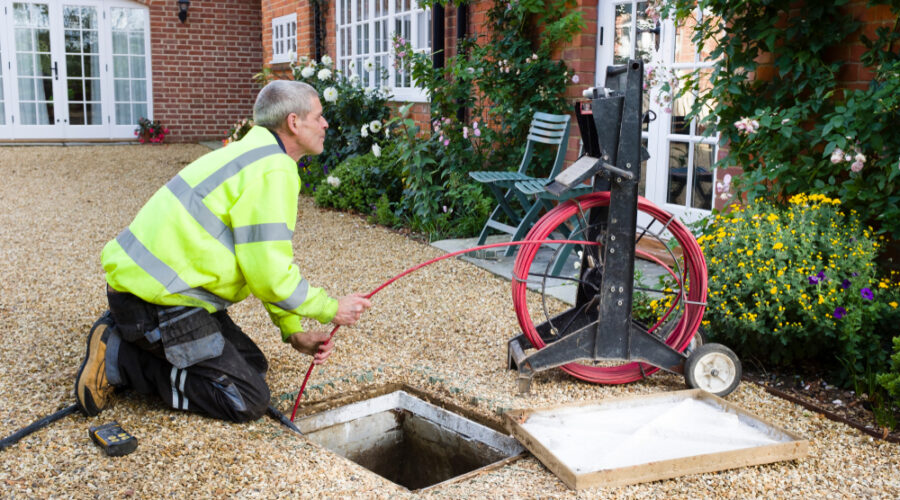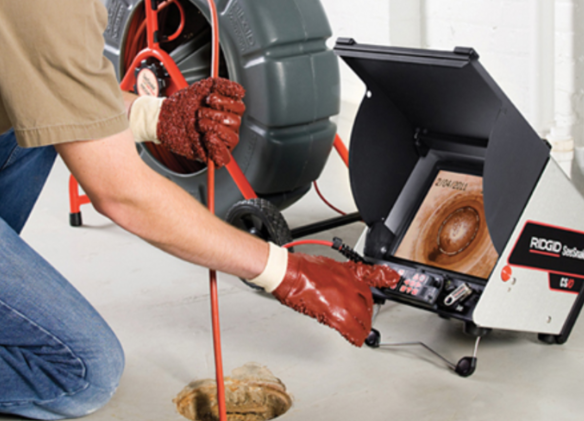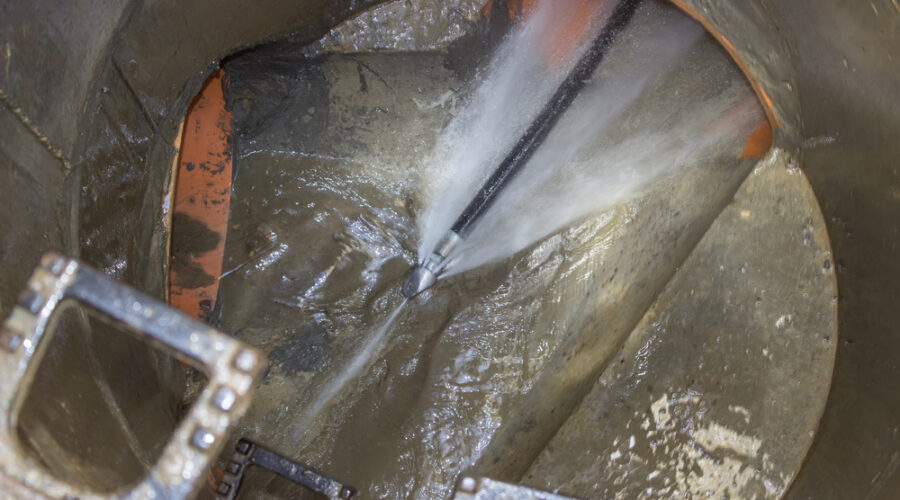Plumbing issues can be a headache for any homeowner, especially when they involve clogged drains. Clogged drains can cause water to back up and overflow, leading to water damage and expensive repairs. However, with proper maintenance and a little care, you can easily prevent clogs and avoid plumbing nightmares. In this article, we will discuss some simple and affordable ways to maintain your drains and keep them flowing smoothly.
Understanding Your Drains
Before we dive into the maintenance tips, it’s essential to understand your drains. Different types of drains require different care, so knowing the type of drain you have is crucial. Generally, there are two types of drains: kitchen drains and bathroom drains.
Kitchen Drains
Kitchen drains are where most clogs occur. These drains handle food particles, grease, and oil, making them more prone to clogs. Kitchen sinks typically have a garbage disposal, which makes cleaning the drain easier. However, it’s essential to use the garbage disposal correctly and not put anything down the drain that can’t be ground up.
Bathroom Drains
Bathroom drains include the sink, shower, and tub drains. These drains are susceptible to hair, soap scum, and other materials that can cause clogs. It’s crucial to remove hair and debris from the drain regularly to prevent clogs from forming.
Simple And Affordable Maintenance Tips
Here are some simple and affordable maintenance tips to keep your drains flowing smoothly.
1. Use Drain Screens
Using drain screens is an effective way to prevent clogs. Drain screens catch food particles, hair, and other debris, preventing them from entering the drain. These screens are easy to install and remove, making them a convenient solution for preventing clogs.
2. Run Hot Water
Running hot water down the drain after each use is an effective way to prevent clogs. Hot water helps break down any grease or oil that may be in the drain, preventing it from solidifying and causing a clog.
3. Use Baking Soda And Vinegar
Baking soda and vinegar are two household items that can help keep your drains clean and clog-free. Pour half a cup of baking soda down the drain, followed by half a cup of vinegar. Let the mixture sit for a few minutes, then flush the drain with hot water. This simple solution can help remove any buildup in the drain, preventing clogs.
4. Use A Plunger
A plunger is an effective tool for removing clogs. Place the plunger over the drain and push down firmly, creating a seal. Then, push and pull the plunger up and down several times, creating suction. This suction can help remove clogs and allow water to flow freely.
5. Use A Drain Snake
A drain snake is a flexible tool that can help remove clogs that a plunger can’t handle. Insert the snake into the drain and twist it around, allowing it to grab onto any clogs. Pull the snake out, and the clog should come with it.
6. Don’t Pour Grease Down The Drain
Pouring grease down the drain is one of the main causes of clogs. Grease solidifies as it cools, causing buildup in the drain and eventually leading to a clog. Instead, pour grease into a container and dispose of it in the trash.
7. Don’t Flush Non-Flushable Items
Non-flushable items such as paper towels, baby wipes, and feminine products should never be flushed down the toilet. These items can cause clogs in the toilet and the main sewer line, leading to costly repairs.
8. Regular Maintenance
Performing regular maintenance is essential to prevent clogs and keep your drains flowing smoothly. Here are some routine maintenance tips:
- Clean sink stoppers and shower drain covers regularly to remove hair and debris.
- Inspect your pipes for leaks, cracks, and corrosion.
- Use a plumbing snake to clear any buildup in your pipes.
- Have a professional plumber perform an annual inspection of your plumbing system to catch any issues early.
9. Use Enzymatic Cleaners
Enzymatic cleaners are a natural and effective way to keep your drains clean and clog-free. These cleaners use natural enzymes to break down organic materials, such as food particles and hair, preventing them from forming clogs. Enzymatic cleaners are safe for all types of pipes and are a great alternative to harsh chemical cleaners.
10. Install A Water Softener
If you live in an area with hard water, installing a water softener can help prevent clogs. Hard water contains minerals that can build up in your pipes, leading to clogs and reduced water flow. A water softener removes these minerals, preventing buildup and keeping your pipes clean.
11. Use A Wet-Dry Vacuum
If you have a clog that won’t budge, using a wet-dry vacuum can be an effective solution. First, remove as much standing water as possible. Then, set the vacuum to the liquid setting and place the nozzle over the drain. Turn on the vacuum and let it run for a few minutes, allowing it to suck up the clog.
12. Don’t Use Chemical Drain Cleaners
Chemical drain cleaners may seem like an easy solution for clogs, but they can actually cause more harm than good. These cleaners contain harsh chemicals that can corrode your pipes and damage your plumbing system. Instead, use natural solutions such as baking soda and vinegar or enzymatic cleaners.
13. Proper Disposal Of Food Scraps
When cleaning your dishes, make sure to properly dispose of food scraps. Scrape leftover food into the trash or compost bin rather than washing it down the drain. Food scraps can easily cause clogs in your kitchen sink, leading to costly repairs.
14. Use A Garbage Disposal Correctly
If you have a garbage disposal, use it correctly to prevent clogs. Only put soft, non-fibrous food scraps down the disposal, such as small pieces of fruits and vegetables. Never put hard materials such as bones or eggshells down the disposal, as they can damage the blades and cause clogs.
15. Don’t Overuse Toilet Paper
Overusing toilet paper can cause clogs in your toilet and your plumbing system. Use only the amount of toilet paper needed, and avoid flushing non-flushable items down the toilet.
Conclusion
Maintaining your drains is essential to prevent clogs and avoid plumbing nightmares. By following these simple and affordable maintenance tips, you can keep your drains flowing smoothly and avoid costly repairs.
FAQs
- How often should I perform drain maintenance?
- It’s recommended to perform routine drain maintenance at least once a month.
- Are chemical drain cleaners effective?
- While chemical drain cleaners can be effective, they can also damage your plumbing system and should be used as a last resort.
- Can I use a plunger on a bathroom sink?
- Yes, a plunger can be used on a bathroom sink to remove clogs.
- How can I prevent clogs in my bathtub drain?
- Using a drain screen and removing hair and debris regularly can prevent clogs in your bathtub drain.
- How do I know if I have hard water?
- Hard water can cause mineral buildup in your pipes, leading to reduced water flow and clogs. You may notice white or yellowish stains on your faucets or a lack of suds when washing your hands or doing laundry.






